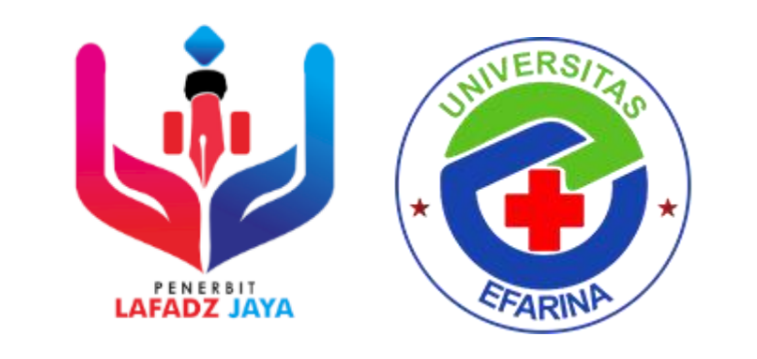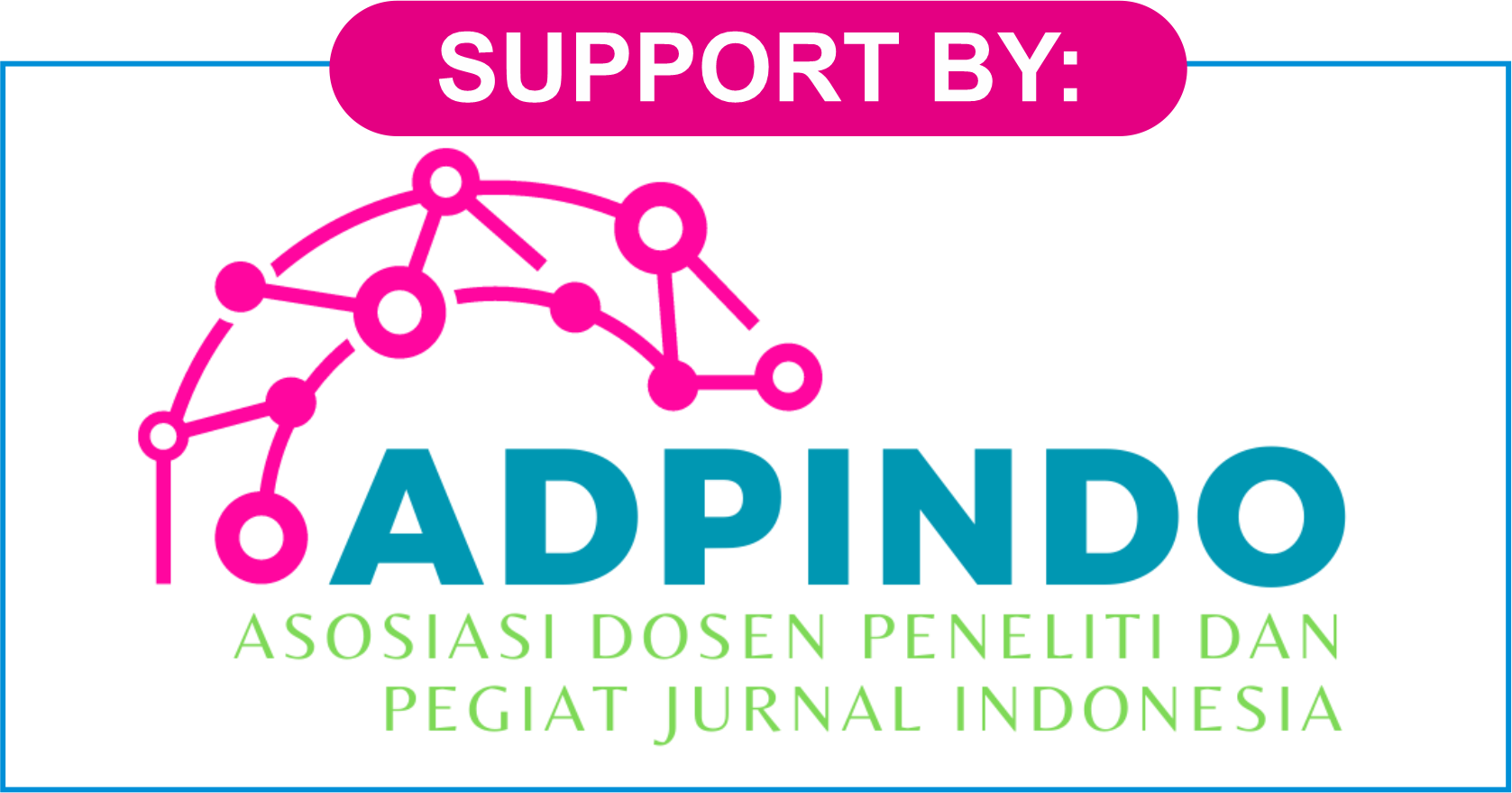AI Policy
Jurnal Ilmu Psikologi dan Kesehatan (SIKONTAN) recognizes the growing importance and relevance of Artificial Intelligence (AI) in the field of academic research and publishing. As AI technologies continue to advance and play a critical role in various research processes, including content generation, data analysis, and peer review, it is essential to establish a clear policy regarding the use of AI tools in the submission, review, and publication processes. This policy is designed to ensure transparency, maintain ethical standards, and promote responsible usage of AI in the academic publishing environment.
1. AI in Research and Manuscript Submission
-
Originality and Integrity: All authors submitting manuscripts to SIKONTAN must ensure that their research, data, and conclusions are original, authentic, and free from manipulation. While AI tools can assist in certain stages of research (e.g., data analysis or literature review), the final research output must reflect the authors' independent intellectual contributions and conclusions.
-
Disclosure of AI Use: Authors are encouraged to disclose the use of any AI tools employed in the development of their manuscript. This includes the use of AI for data analysis, language editing, content generation, or any other aspect of the research process.
2. AI in the Peer Review Process
-
Transparency in Review: AI tools may be used to support the peer review process by aiding in plagiarism detection, assessing writing quality, and verifying references. However, AI will not be the sole decision-maker in determining the acceptance or rejection of an article. The final review process will always involve human judgment.
-
Ethical Use of AI in Review: Reviewers and editors must ensure that AI tools are used ethically, with no bias or unfair influence on the review process. The use of AI-generated content, if any, will not replace human critical evaluation but will serve as a tool for enhancing the review process.
3. AI in Content Generation
-
Responsibility for AI-generated Content: Authors who use AI for content generation (e.g., text generation, summarization, or language enhancement) must ensure that the generated content is properly reviewed, validated, and attributed. AI should not be used to fabricate results, manipulate conclusions, or bypass ethical research practices.
-
Attribution of AI Assistance: If AI tools have been used in generating significant portions of the manuscript (e.g., writing or editing), authors are required to clearly disclose this in their acknowledgments or methods section to maintain transparency.
4. Ethical Considerations
-
AI and Research Ethics: Authors must ensure that the use of AI in their research complies with ethical guidelines related to data collection, privacy, and human or animal subject research. AI should not be used to deceive, manipulate, or mislead readers or reviewers.
-
Avoiding Bias: Authors and researchers must be aware of the potential biases introduced by AI tools and ensure that their research is conducted and reported in an unbiased and accurate manner. AI-generated results should be carefully evaluated to avoid perpetuating errors, stereotypes, or ethical violations.
5. AI and Copyright
-
Ownership of AI-Generated Content: If significant portions of an article are generated by AI tools, the authors must ensure that they retain proper authorship and copyright over the work. AI tools cannot claim ownership of research findings or conclusions. The intellectual property rights belong to the authors.
-
Respect for Existing Copyrights: Authors using AI tools must ensure that the AI-generated content does not infringe upon the copyrights of others, such as by plagiarizing text, images, or data from previous publications without proper attribution.
6. AI and Data Privacy
-
Data Handling: Authors and researchers must ensure that the use of AI tools does not violate data privacy or confidentiality agreements. Any data used in AI-driven research or content generation must comply with relevant data protection laws and ethical guidelines.
-
Secure AI Platforms: When using AI tools that involve the processing of sensitive data, authors must ensure that these tools comply with security standards and protect the privacy of individuals involved in the research.
7. AI in Journal Operations
-
SIKONTAN may use AI tools to enhance journal operations, such as:
-
Automated Submission Management: AI may assist in managing manuscript submissions, ensuring proper formatting, and checking for plagiarism.
-
Enhanced Accessibility: AI tools may be used to improve accessibility by providing alternative formats (e.g., text-to-speech or language translation) to support diverse readers.
-
8. Future Developments and AI Integration
SIKONTAN recognizes that AI technology is constantly evolving, and we are committed to staying up-to-date with the latest advancements. The journal will continuously assess and update this policy as new AI technologies emerge and become more integrated into the research and publishing ecosystem.






